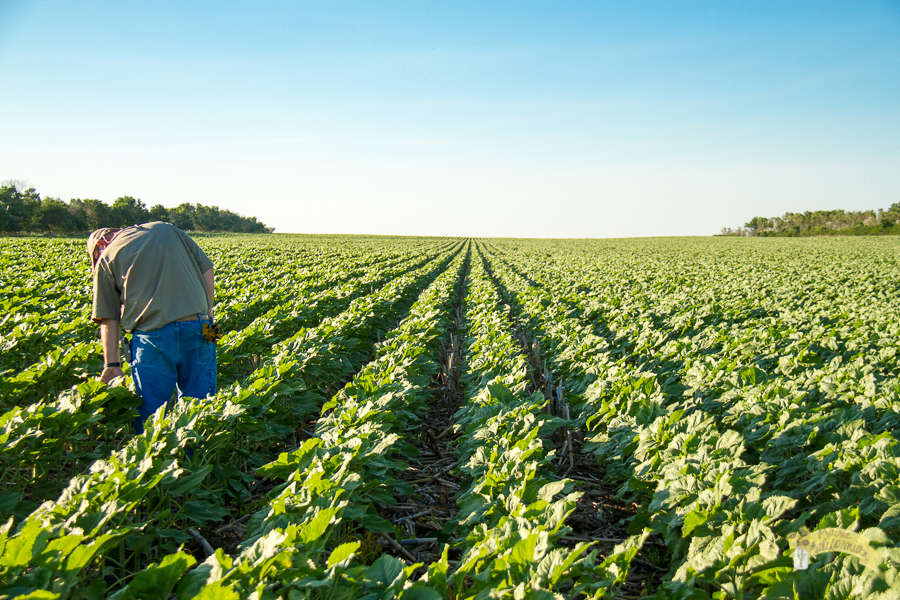
What exactly is an agronomist?
An agronomist is an expert who applies scientific knowledge and techniques for the management and manufacture of crops. Agronomists work in many different settings, from farms and ranches to government organizations and private firms. They might also get the job done in research laboratories or educate at colleges and universities.
Most agronomists have at the least a bachelor's degree in agronomy or maybe a associated subject, like agricultural science or soil science. Quite a few agronomists also have master's degrees or doctorates. The exact nature of the agronomist's job is dependent upon his / her specialty and employer.
Agronomists play an important role in making certain that crops are healthier and successful. They use their understanding of plant science to create means to improve crop yield, battle pests and diseases, and preserve water along with other resources.
The purpose of the agronomist
is to agronomists help the planet satisfy its rising food production needs. Based on the U.S. Bureau of Labor Data (BLS), work for agronomists is predicted to grow more quickly than typical, with openings resulting from growth and replacement needs.
The work of an agronomist
is demanding and fulfilling, with agronomists normally getting involved in research and education.
The education of an agronomist
Agronomists want no less than a bachelor's diploma in agronomy or linked subject from an accredited uni.
The way forward for agronomy
Agronomists help to make certain the whole world's population has enough food, and they work to improve crop yields and reduce agriculture's impact on the ecosystem. The BLS says that agronomists are in demand, but competition for jobs is probably going to generally be strong.
Summary
Agronomists are focused on the review of plants, and they function in a variety of fields, from agricultural research to boosting crops. Agronomists are necessary to make certain that crops are produced for consumption, but they also help produce biofuels and other plant-based products and solutions.